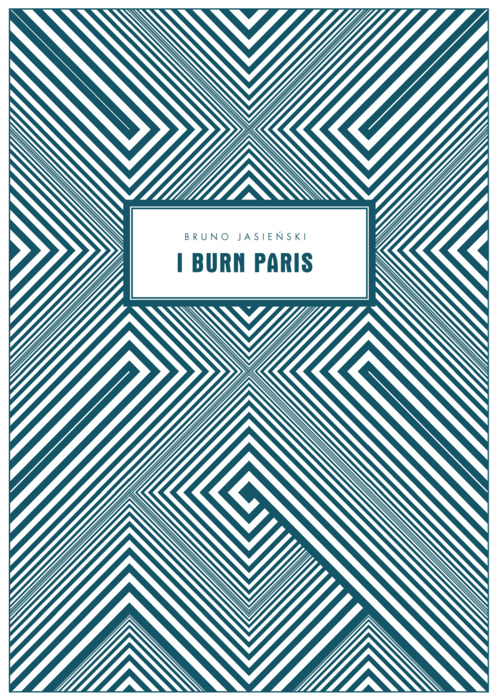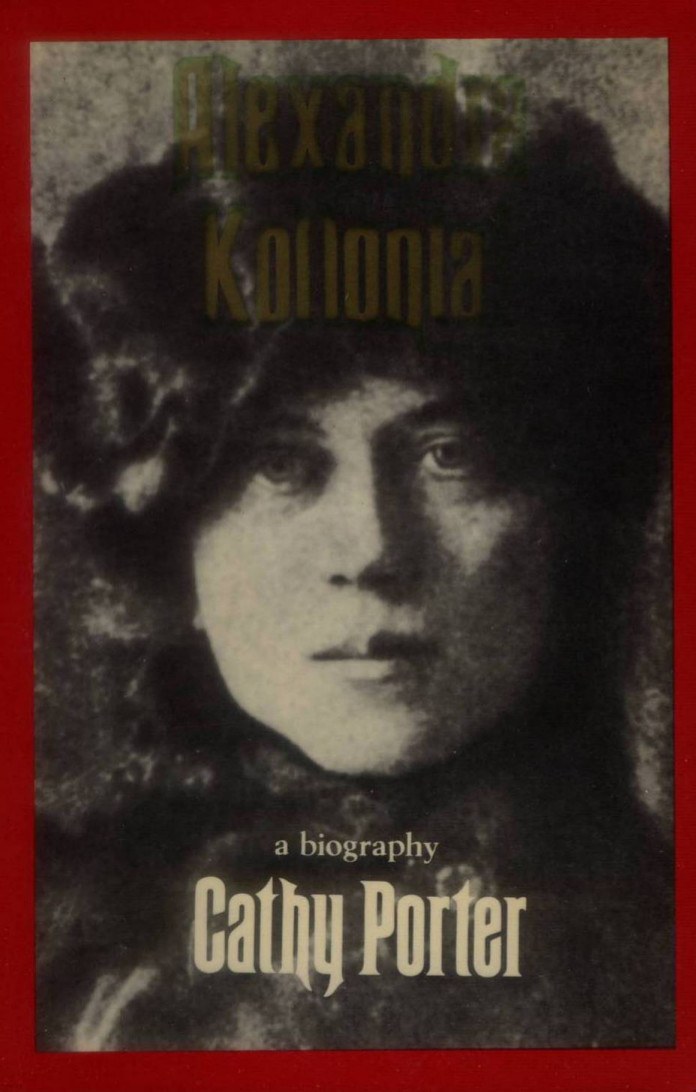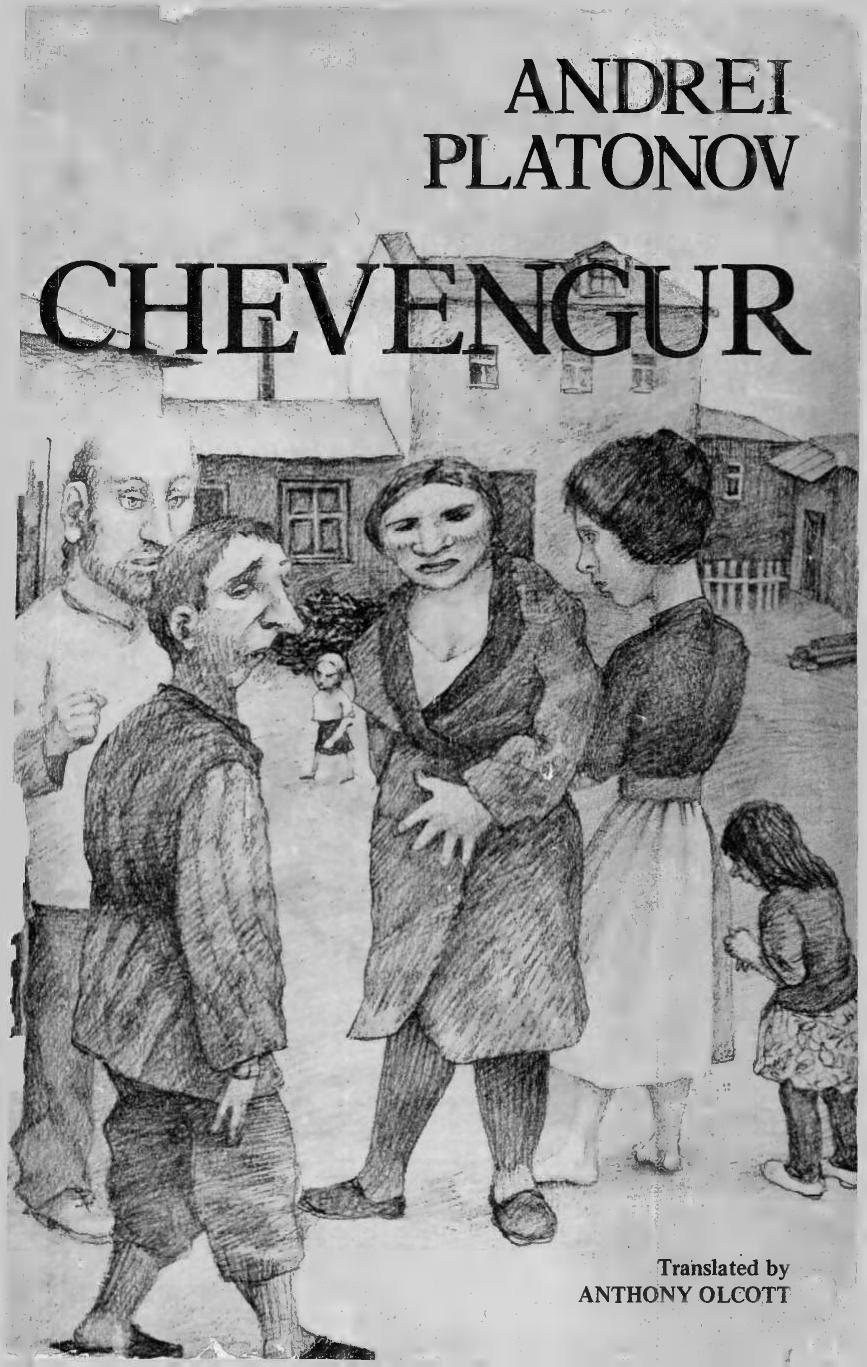Bruno Jasieński: I Burn Paris (1928–) [PL, EN, ES]
Filed under fiction | Tags: · avant-garde, catastrophe, communism, futurism, marxism

I Burn Paris has remained one of Poland’s most uncomfortable masterstrokes of literature since its initial and controversial serialization by Henri Barbusse in 1928 in L’Humanité (for which Jasieński was deported for disseminating subversive literature). It tells the story of a disgruntled factory worker who, finding himself on the streets, takes the opportunity to poison Paris’s water supply. With the deaths piling up, we encounter Chinese communists, rabbis, disillusioned scientists, embittered Russian émigrés, French communards and royalists, American millionaires and a host of others as the city sections off into ethnic enclaves and everyone plots their route of escape. At the heart of the cosmopolitan city is a deep-rooted xenophobia and hatred — the one thread that binds all these groups together. As Paris is brought to ruin, Jasienski issues a rallying cry to the downtrodden of the world, mixing strains of “The Internationale” with a broadcast of popular music.
With its montage strategies reminiscent of early avant-garde cinema and fist-to-the-gut metaphors, I Burn Paris has lost none of its vitality and vigor. Ruthlessly dissecting various utopian fantasies, Jasienski is out to disorient, and he has a seemingly limitless ability to transform the Parisian landscape into the product of disease-addled minds. An exquisite example of literary Futurism and Catastrophism, the novel presents a filthy, degenerated world where factories and machines have replaced the human and economic relationships have turned just about everyone into a prostitute. Yet rather than cliché and simplistic propaganda, there is an immediacy to the writing, and the modern metropolis is starkly depicted as only superficially cosmopolitan, as hostile and animalistic at its core.
This English translation of I Burn Paris fills a major gap in the availability of works from the interwar Polish avant-garde, an artistic phenomenon receiving growing attention with recent publications such as Caviar and Ashes.
First serialized in French as “Je brûle Paris” in L’Humanité in 1928.
Polish edition
Publisher Towarzystwo Wydawnicze “Rój”, Warsaw, 1929
English edition
Translated by Soren A. Gauger and Marcin Piekoszewski
With an Afterword by Soren Gauger
Publisher Twisted Spoon Press, Prague, 2012
ISBN 9788086264370
309 pages
Review (Benjamin Noys, Mute)
Review (M.A.Orthofer, The Complete Review)
Review (Isla Badenoch, Article Magazine)
Commentary (Nina Kolesnikoff, 1982)
Wikipedia (in Polish)
Publisher (EN)
Google books (EN)
Palę Paryż (Polish, 1929, HTML), Alt link
I Burn Paris (English, 2012, EPUB, removed on 2015-1-15 upon request of the publisher)
Anatol Stern’s 1957 preface (Polish), English translation (Issuu.com)
Voy a meterle fuego a París (Spanish, trans. Jorge Segovia and Violetta Beck, 2013, added on 2014-2-2)
Cathy Porter: Alexandra Kollontai: A Biography (1980)
Filed under book | Tags: · biography, communism, feminism, marxism, politics, revolution, russia, sexuality, socialism, soviet union, women

Alexandra Kollontai is “one of the most fascinating and least understood figures of the Bolshevik revolution. A feminist and a socialist, Kollontai defended a vision of emancipation premised on equality, comradeship, and personal autonomy, where society would take responsibility for domestic labour while enabling individuals freely to express their sexuality.” (source)
She was a key leader of the Russian Socialist movement, the only woman in the early Soviet government, and one of the most famous women in Russian history. She worked tirelessly all her life, as a speaker, writer, and organizer for women’s emancipation. This compelling biography recounts her life for an emerging generation of fighters for women’s liberation.
Publisher Virago, 1980
ISBN 0860680134
537 pages
Review (Tamara Deutscher, Marxism Today, 1980)
Review (Sarah Creagh, Socialist Review)
Commentary (Christine Sypnowich, Labour/Le Travail, 1993)
Commentary (Nick Evans, The Oxford Left Review, 2012)
PDF (no OCR)
Comment (0)Andrei Platonov: Chevengur (1972–) [EN, RU]
Filed under fiction | Tags: · communism, utopia

“Platonov‘s epic novel was written in 1927-28, but only small pieces have been published in the USSR, and even the emigre Russian edition is seriously flawed by omissions. The reasons for the censorship are not hard to find. Platonov argued that it was an ‘honest attempt to portray the beginning of Communist society,’ but Maxim Gorky, though one of the first to praise the novel, said it would never pass the censors: ‘I do not think it will be published. Your anarchic cast of mind will prevent this… For all your tenderness towards people, they are always described ironically, turn out to be ‘characters’ or ‘half-wits’.’ Indeed, Platonov describes a bizarre world where the peasants totally refuse to work (because the Revolution means the Golden Age has come), and the Party leaders’ humanistic ideals lead only to inhumanity. Chevengur is a massive series of satirical scenes from Soviet life during the New Economic Policy instituted by Lenin in the 1920s, the story of the efforts of provincial builders of Communism–but in their grotesque Utopia, Cheka murders are the only thing efficiently organized. Chevengur is Platonov’s longest work, his most sustained critique of the philosophical precepts and practical results of the Revolution. It is a novel of overwhelming power.” (from the back cover)
Russian edition
First published in Paris, 1972, without the first part. Reprinted in 1988 in the journal Дружба народов [Druzhba narodov]. In 1988, the publishing house Современник [Sovremennik] released a complete book.
English edition
Translated and with a Foreword by Anthony Olcott
Publisher Ardis Publishers, Ann Arbor, 1978
ISBN 0882333097, 9780882333090
333 pages
Review: Natalia Poltavtseva (Baltic Worlds).
Commentary: Alexander Melikhov (The Telegraph/Russia Now).
Wikipedia-RU
Chevengur (English, 1978, 16 MB)
Чевенгур (Russian, 1988/2006, updated on 2019-12-8)

